Part One of a reflection series for Christ Church Uniting, Wayville, 27 August 2023
with Romans 12:1–8
On the basis of holiness
As we reflect today, we will start small, word by word, with Romans 12 verse 1; then expand out into the breadth of the letter and Paul’s image of One Body.
Paul starts this section of the letter ‘I appeal to you – therefore’. On the basis of what’s gone before – so what has gone before?
I won’t take the time today to overview the whole of the first section of the letter to Rome; let’s look at the few lines immediately closing out that section.
Who has known Holy One … etc.
For in Them and through Them and to Them are all things: to Holy One be the glory forever amen.
So, Holy One is the holiest – therefore. Hear what I have to say about who we are called to be on the basis of God’s holiness.
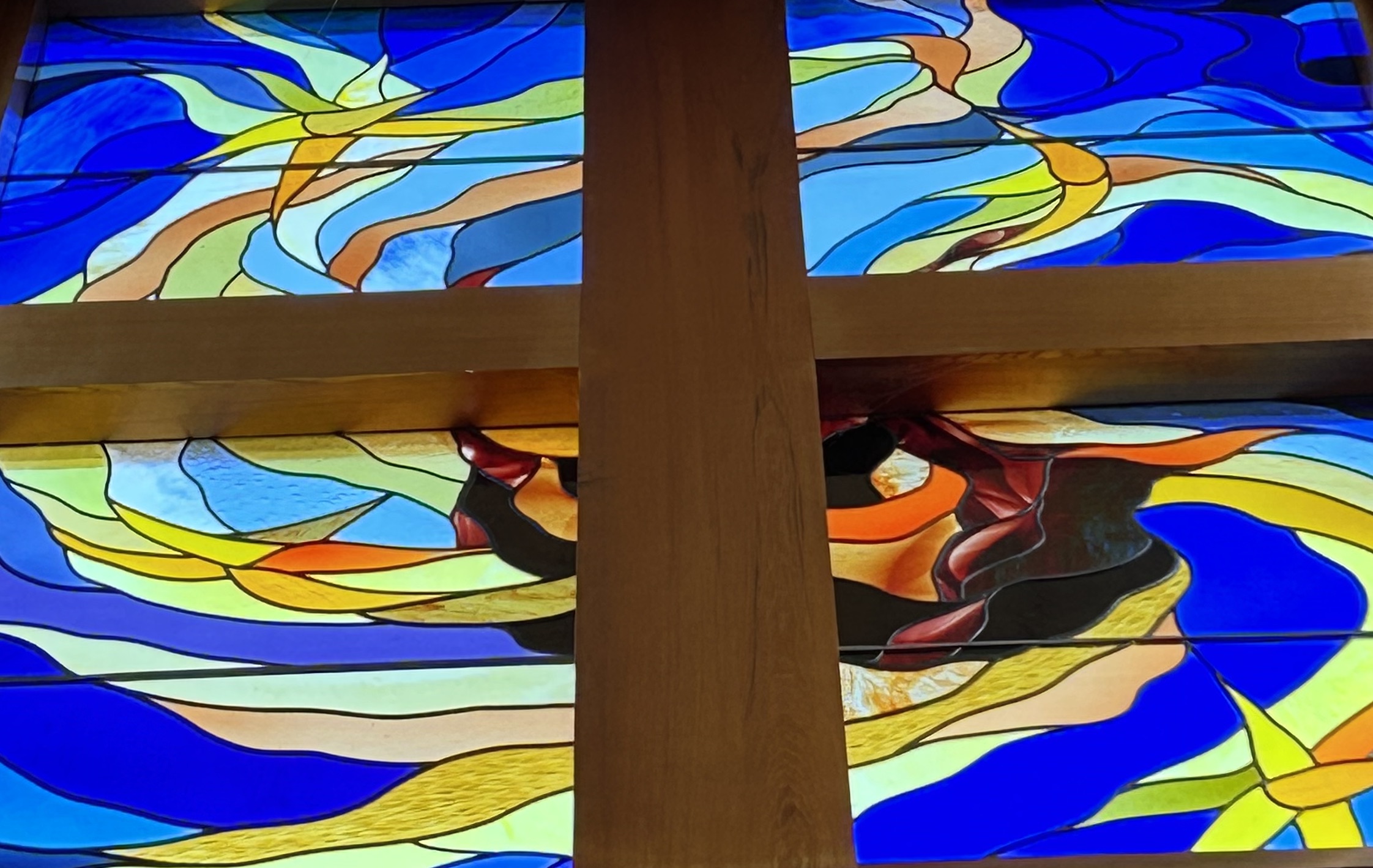
Holy and acceptable
present your bodies – I’ll come back to that
as a living sacrifice
living: think the fulness of life for which Jesus came to Earth; think growing, evolving, breathing; think every day and every part of life
sacrifice: is to give, to offer freely – it’s our choice; and sacrifice is sacred
holy and acceptable to God
holy: When I told this letter from Chapter 1 to 16 – abridged – as a test case for the Embodied Performance Analysis methodology I presented in my PhD, I used a lot of holiness language in my adaptation of the NRSV translation. One of the principles of an embodied performance interpretation of the Bible is to allow the performer’s ‘own commitment to faith in Holy One to resonate through the … performance.’ It’s important for the performer-interpreter to believe what she speaks, if she is to speak with authenticity to, with, among the faithful in the context of proclaiming our shared Story. That’s one among a lot of other reasons for the language choices, but I don’t have time to give you my whole thesis today, sadly!
What I mean by holiness language is this: I used ‘Holy One’ where the NRSV uses ‘God’. For the rest of the Divine Names, I used Creator for Father, Spirit stayed as Spirit, and for Jesus Christ our Lord, I spoke Jesus Wisdom our Liberator. Again, there’s lots I could say about that, but not today.
Today, let’s stay with ‘Holy One’.
Wanting to breathe new life into tired, baggage-laden words such as ‘justification’ and ‘righteousness’, I made changes inspired by what one says of the Divine, when calling Them Holy One (oh, you’ll notice, I use non-gendered pronouns, and we can debate that another day, too, if you like).
Righteousness is being right with God, is holiness
justification is being made holy, is welcome into holiness
justified = having been welcomed into holiness
repentance is to turn towards holiness
This language draws on the ancient promise of God that ‘I am holy and you are holy because you are my people and I am holy’. to align ourselves with Holy One is to submit to the process of becoming holy, like Holy One.
acceptable: I wonder if we might remember God loves us, accepts us before we become holy – it is because of Holy love that we are invited and welcomed into God’s holiness.
Whole and integrated
this is our spiritual worship
spiritual: and now I also come back to ‘present your bodies’. I do not think Paul is doing here what the Church has done to his language and ideas in the intervening generations – spirit and body are not in a dichotomy, not opposed to each other. rather, the body is our spiritual worship – our spirituality is embodied
such a wholeness of being, such an affirmation of our bodies is followed by his depiction of the community as such a body
Paul affirms our embodied spiritual worship, and then shows how we are each drawn into a larger Body together
each one of us is to align ourselves with Holy One, to be integrated in our selves, and to integrate worship into our everyday living – and then to come together with each other, integrated, whole, together bearing witness in the world to the one who shapes our being, our collective Body.
One Body. In Christ. The Body of Christ
For that is how we have come to speak of our community, isn’t it? – that is who we say we are.
One body, many members
One Body does not mean all are the same as each other, of course. In other places where Paul uses this analogy, he says, you will remember, that we are all baptised into the one Spirit (as an aside, as you continue to get to know me, that is why I choose to wear an alb, or alb-evoking white – when I lead the gathered body, reflecting and reminding us of our baptism into one Spirit, one Body)
Then, and we’re in 1 Corinthians 12, Paul points out the ridiculousness of a foot saying ‘I’m not a hand, I can’t be part of the body’; the ridiculousness of the body only being an eye, unable to hear or move …
The Church, then, as body, is not all pastoral carers, for we need also the administrators; it’s not only musicians, for we need also the gardeners; we need the ones who can speak well in public and those who listen carefully one on one; those who can set up the chairs and tables and the ones who can sit at them, present with friend and stranger and those who will go out into the streets and gather the people in … We need the ones who think methodically and philosophically about life, God, the Bible – and the ones who feel it, deeply, intuitively – and the ones who visualise it and can see the way things could be
I have been here two weeks, and already I have seen this range of gifts, of beings, and more. And there is so much more than that which I am yet to discover about who each of you are as members, unique and diverse members of this body Christ Church Uniting Wayville, and who we are Christ Church Wayville as a member of the Uniting Church body, itself uniquely gifted, placed, and experienced, to offer richness to support the thriving, growing, constantly evolving life of the whole Body of Christ.
As a member of the Uniting Church body, I’ll know some of the things that will shape who we are at Christ Church. Protestant, Reformed, affirming of women in leadership and ordination from all three traditions at union, we are in covenant relationship with our First Nations members; we are strongly supportive of local congregations, celebrating scholarship, committed to justice. I will know that we are uniting – in our DNA a commitment towards the unity of the Body. Not the unification or the turning it into monochrome, but unified – together, integrated, whole. With distinctions that do not cause division.
That commitment to diversity is hard to live out; it is uncomfortable, and even painful at times.
When we have a part of us wanting marriage to be defined one way, and another part wanting it defined more openly, our way, the Uniting Church way, is to affirm both understandings. Neither part of the body is entirely comfortable or satisfied, but both parts are welcomed, affirmed, and valued.
A congregation like Christ Church lives out the ecumenical diversity of the Uniting Church with its members bringing experiences of many other parts of the Body of Christ. Our members have been shaped by Baptist, Lutheran, Anglican traditions, to name only three.
When we listen to a letter like Paul’s to the Church in Rome, we hear of its members bringing different traditions and experiences with them.
In the first part of the letter is a wrestling, as I experienced it in performance; a wrestling with what it means for followers of God to no longer be only the people of Israel, Jewish, Torah followers. I confess I am not entirely convinced by his arguments about the place of Israel with God in light of the coming of Christ – especially in chapters 9 – 11 – it feels a little too patronising and dismissive to my 21st century ears. However, it is understandably a harder boundary that is drawn around an emerging community beginning to define who they are, and who they are starting not to be.
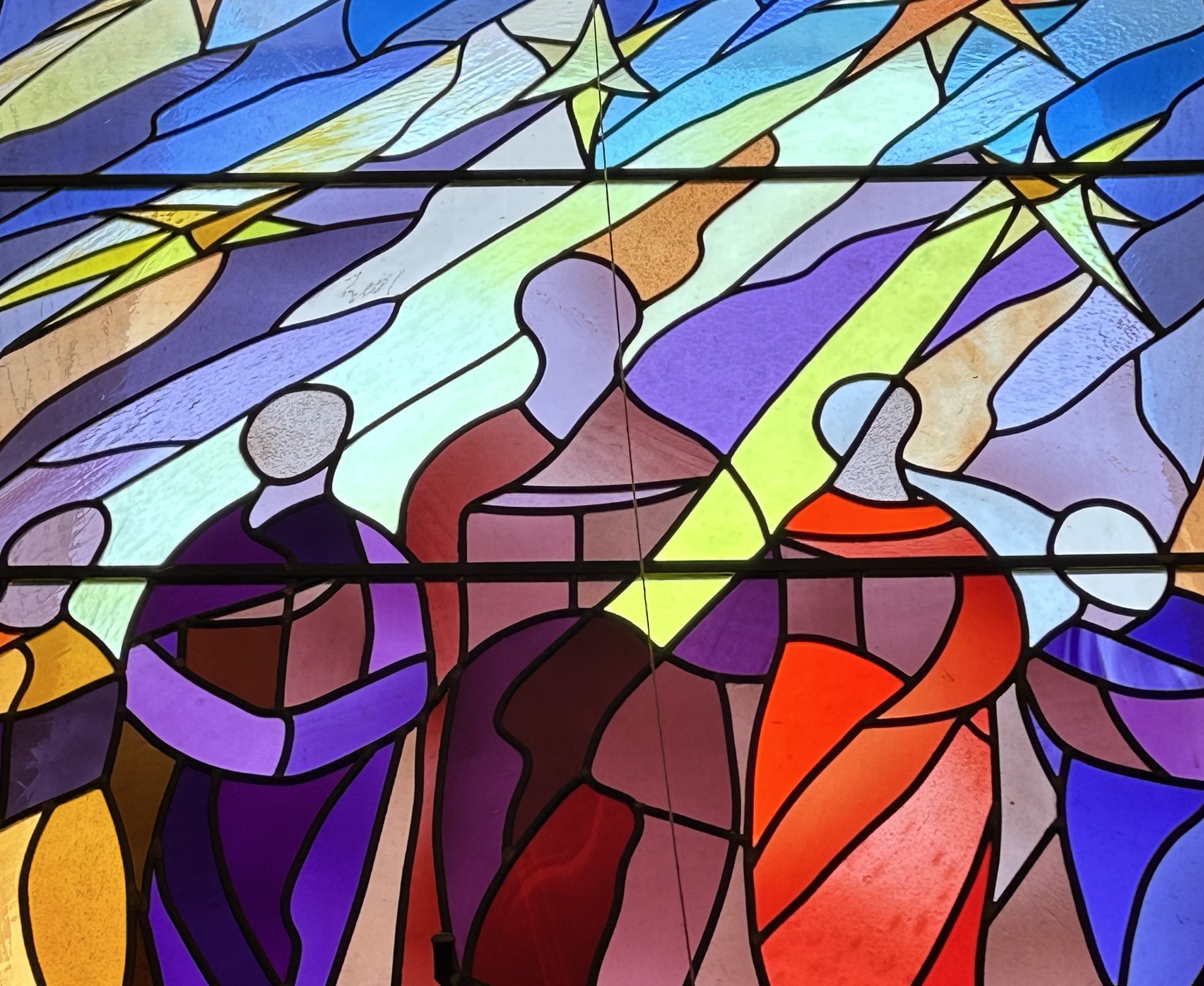
Soaring with mutuality
But chapters 12 – 16 soar with the mutuality hinted at in the early parts of the letter – a mutuality of respect for the dignity and worth of all the members of the body in their diversity.
You are richer with your differences
you are stronger with your distinctiveness
you are more unified, more whole, with your diversity
and when we reach Chapter 16, many will overlook its importance as no more than a formal letter of greetings functioning to establish Paul’s connections and right to speak. But I find it to be much, much more than that. I find Chapter 16, in an integrated performance of the letter in its breadth, to be a culmination of its call to be one body living spiritual worship in witness to the God of life.
the Greek word, aspasasthe, is most often translated as ‘greet’. In my interpretation, it is embrace, and I picture Paul picturing the members of the Roman Body of Christ crossing the road, crossing the divides they’ve placed between themselves to embrace one another, – I make space for you in my love, my care, as you are, differently gifted, a gift to us together.
This is what it is, for me, for us to be one body, the body of Christ.
First, to embody, each of us, a spirited acceptance of God’s welcome of us into holiness by aligning ourselves with Christ in our living
Second, to come together, in mutual embrace, to form one unified, integrated, thriving body aligned with Christ in spiritual worship of Holy One in all we do and are
Therefore, to come together from our many walks of life, one in Spirit, one Body, Christ Church Uniting Wayville
To come together, Christ Church Wayville, with the diverse congregations as members of the body that is the Uniting Church in Australia
And the Uniting Church in Australia, coming together with traditions all over the world, one member of the one Body of Christ.
And so I urge you, siblings, on the basis of God’s holiness, to offer your spirited embodiment as members of each other baptised into the One Spirit, the One Body of Christ, in praise and witness to Holy One, from whom, through whom, to whom are all things: to Holy One be honour above all. Amen.

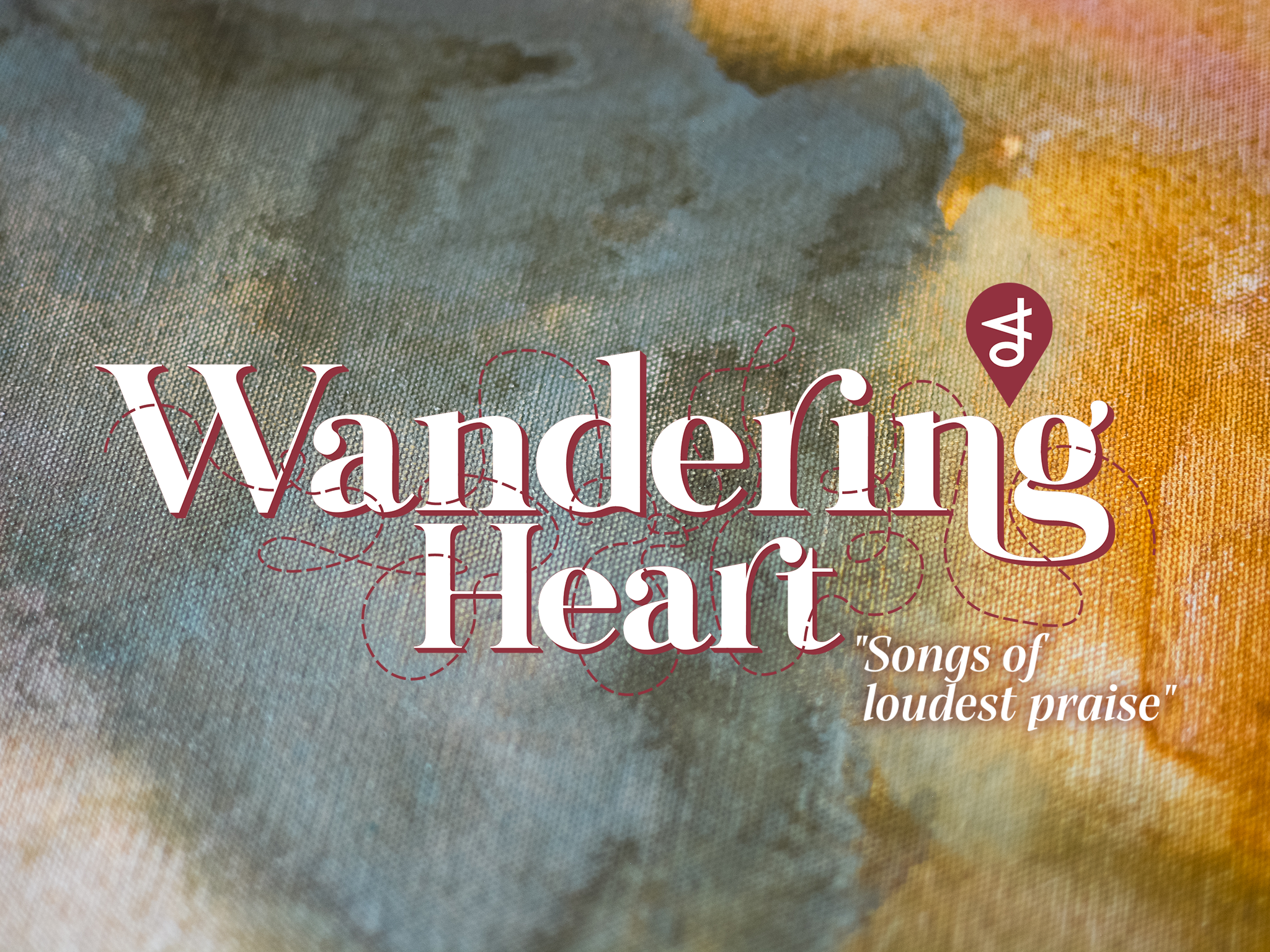
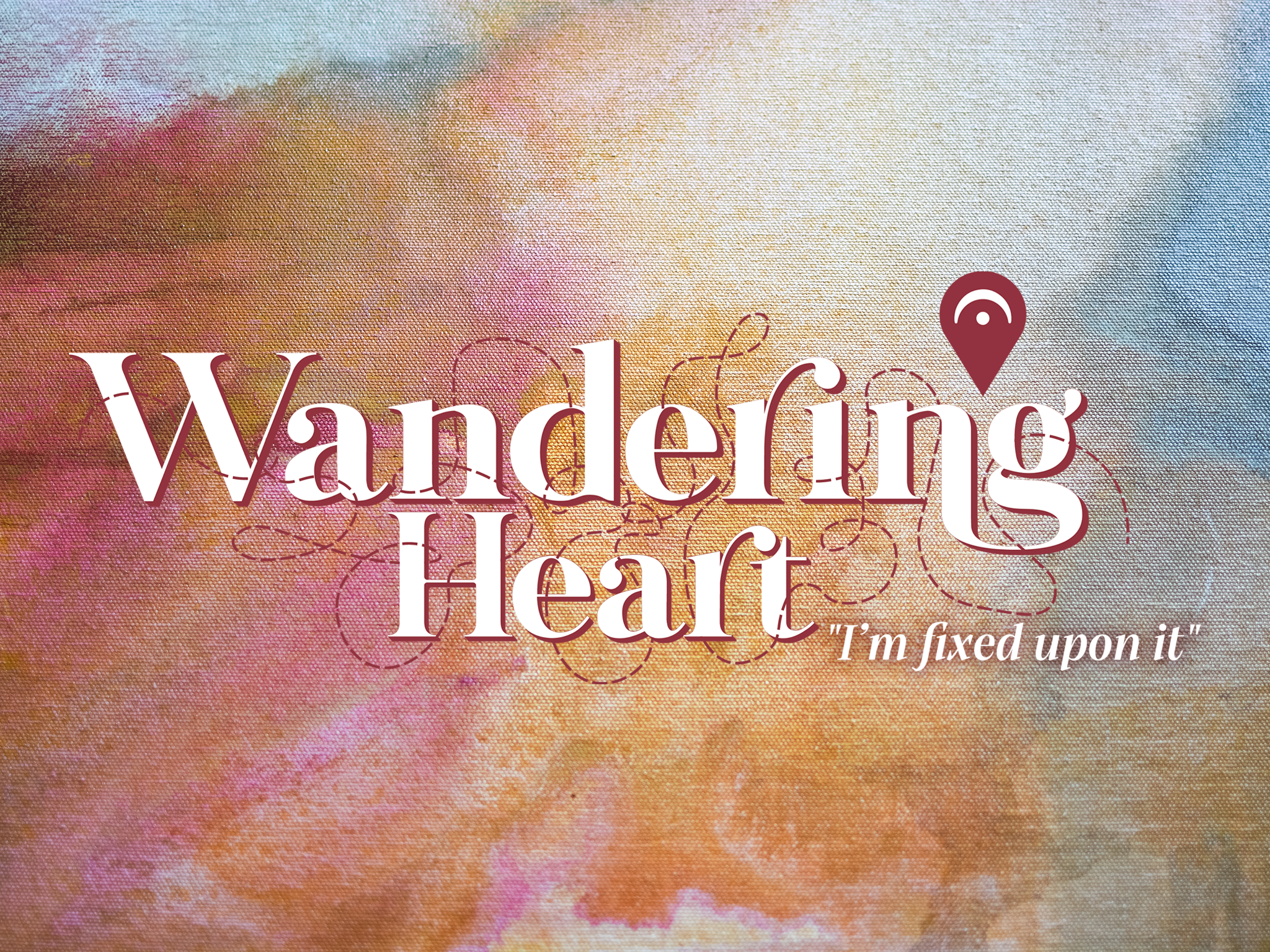
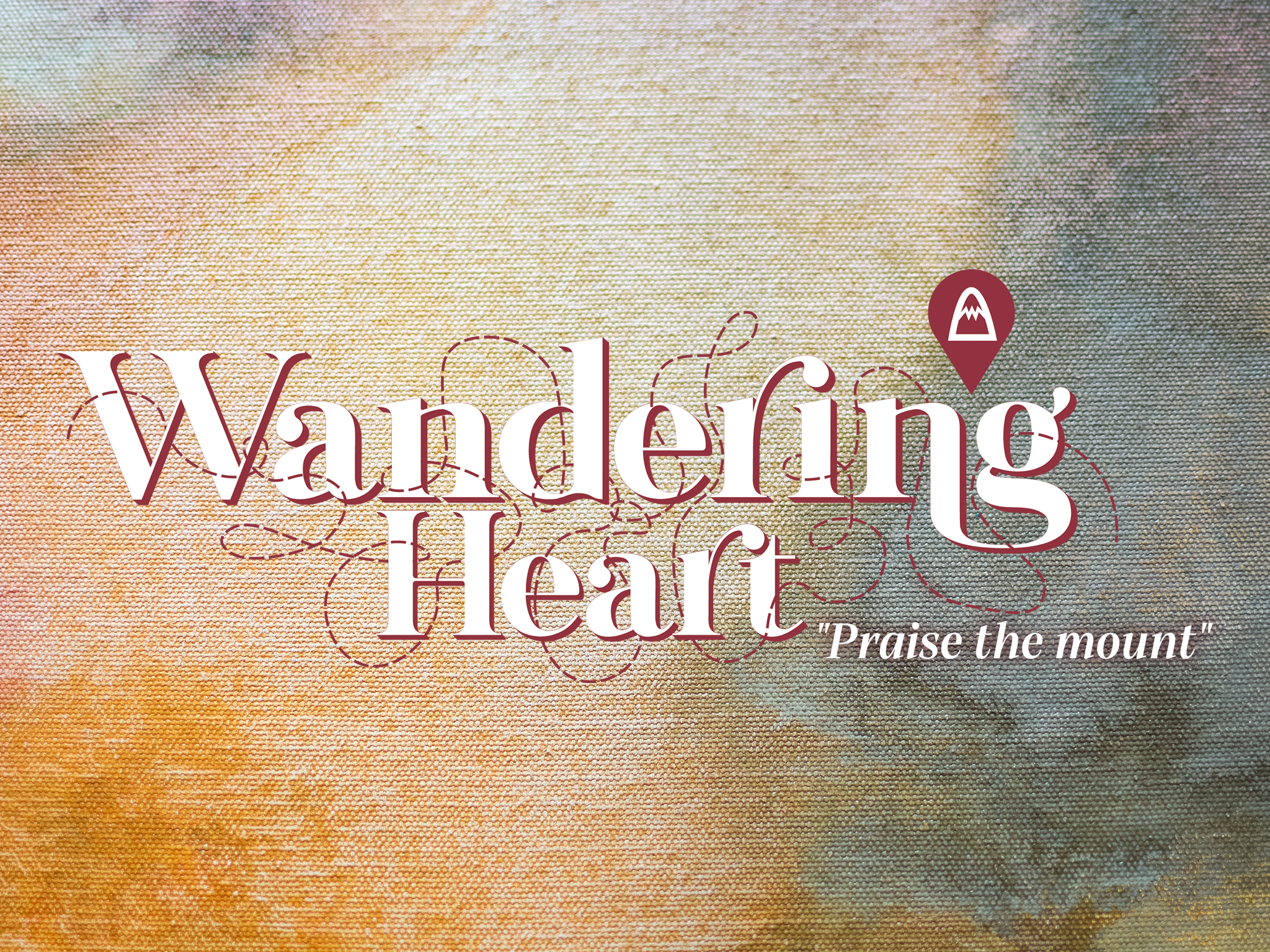
Leave A Comment